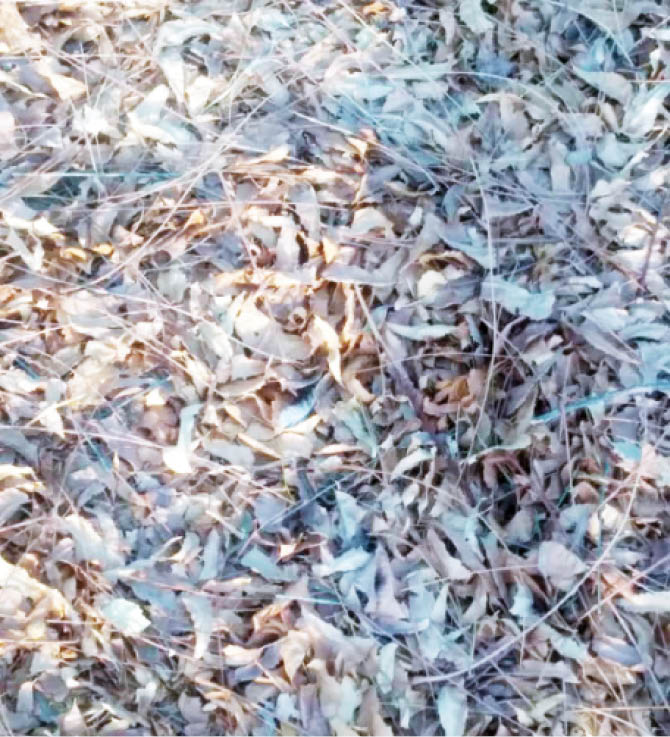As access to fertiliser dims… Farmers devise means of generating manure from neem
The Minister of Agriculture, Mohammed Sabo Nanono, had said that the federal government would, from this year, hands off buying and selling of fertiliser but would play a supervisory role.

Farmers now make manure from dry neem leaves as alternative to fertiliser
As the hope of getting government’s subsidised fertiliser this farming season dims further, some farmers in Jigawa State have adopted the technique of turning neem leaves into fertiliser.
The farmers, especially those in Maigatari Local Government Area, said they decided to shift attention towards using local methods of enriching their soils for better productivity as a result of the spike in the price of inorganic fertilisers. NPK fertiliser now costs over N12,000 per 50kg bag in the open market, and the usually subsidised ones by the federal government which usually sold for N5,500 may not be feasible this year.
- BREAKING: Many stranded as soldiers ‘take over’ Oshodi in Lagos
- Explosion: Gbenga Daniel’s hotel closes operations to honour victims
The Minister of Agriculture, Mohammed Sabo Nanono, had said that the federal government would, from this year, hands off buying and selling of fertiliser but would play a supervisory role.
Many stakeholders have interpreted the minister’s stand to mean government’s withdrawal of fertiliser subsidy, thereby leaving farmers with no option than to buy from the open market.
With the onset of the rainy season in many parts of the country, farmers are now forced to source for manure by any means. This seems to be the major reason for the new innovation among the Jigawa farmers.
How farmers use neem leaves for manure
Neem leaves that fall from the tree are heaped by the farmers and put in gutters and drains and left to decompose.
One of the farmers said the decomposed leaves are brought out for drying before they are finally taken to the farm.
Scores of farmers in the town agreed that although the practice caused blockage of their drains, it had appreciable impacts on their soil.
Mallam Imrana Adamu, a farmer in Maigatari, said he had been into the practice for some time now and was satisfied with the way the compost was helping him maintain the fertility of his soil.
But unlike some farmers in the town who use drains in carrying out the process, Mallam Imrana said he used his premises in composting the organic fertiliser.
He said, “I mix the dried neem leaves with ash, sprinkle water on the mixture and allow the process to take its course. I can assure you that this is very effective in enriching the soil. I have practised it and seen positive result; I am still practising it.”
On the efficacy and effectiveness of this practice, Dr Yunusa Muhammad Shuaibu, a lecturer with the Department of Crop Production, Abubakar Tafawa Balewa University (ATBU), Bauchi, said the practice was a form of composting that sped up mineralisation and consequently enriched the soil by supplying nutrients such as phosphorus and calcium to it.
Rilwan, a corps member, contributed this piece from Jigawa State.
